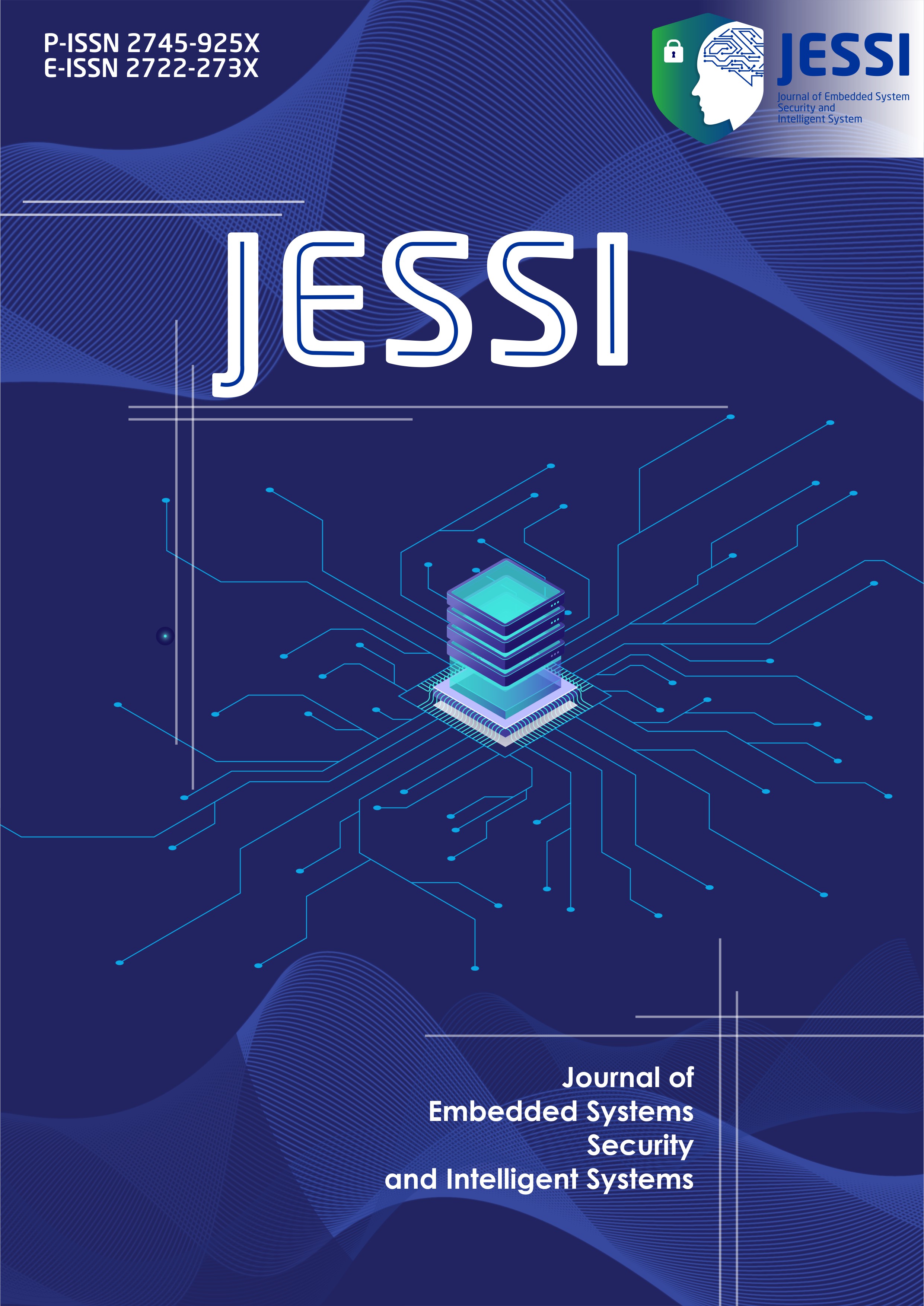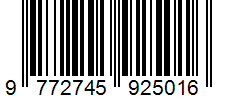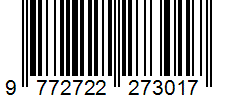Perancangan Smart Trash Limbah Rumah Makan Untuk Pemenuhan Pakan Maggot Berbasis IOT
Keywords:
organic waste, maggot, smart trash, internet of things, loraAbstract
The increase in population in urban areas causes food waste production to continue to increase. In 2020, Indonesia has entered an emergency signal for food waste production. Losses from unmanaged food waste reached Rp. 1,011,743,415 annually. The negative impact of food waste which is dominated by organic type waste can cause environmental pollution because it produces dangerous biogas. Most food waste comes from restaurants resulting from leftover food from visitors and leftover ingredients from kitchens that are not managed properly by restaurant owners. In developing alternative feed innovations for several livestock, it was argued that BSF maggot is a good source of natural nutrition for livestock, then the feed from maggot itself comes from organic ingredients in its breeding, but maggot breeders still have difficulty meeting feed from maggot because it only relies on organic feed from household waste around the farm, so the potential for reducing food waste which is dominated by organic waste from restaurants can be utilized by maggot breeders. This study designed a smart trash technology or smart trash bin that can sort organic and non-organic waste based on the internet of things using the Long Range (LoRa) module which will later send data on the availability of organic waste to maggot breeders via a mobile application. The test results from this study show that the entire smart trash system functions properly through blackbox testing, besides that an analysis of data transmission is carried out with the overall Quality of Service results being recommended as good or satisfactory.
Downloads
References
Humas FE, “Sejauh Mana Indonesia Darurat Sampah Makanan?” https://fe.unnes.ac.id/19/sejauh-mana-indonesia-darurat-sampah-makanan/#:~:text=Pada tahun 2021%2C Sistem Informasi,plastic yaitu 26%2C27 ton
A. Hasanah, E. I. K. Putri, and M. Ekayani, “Kerugian ekonomi dari sisa makanan konsumen di rumah makan dan potensi upaya pengurangan sampah makanan,” J. Pengelolaan Lingkung. Berkelanjutan (Journal Environ. Sustain. Manag., vol. 6, no. 1, pp. 45–58, 2022, doi: 10.36813/jplb.6.1.45-58.
H. Rahmayanti, V. Oktaviani, and Y. Syani, “The implementation of smart trash as smart environment concept,” E3S Web Conf., vol. 74, pp. 1–5, 2018, doi: 10.1051/e3sconf/20187406003.
H. Kopetz and W. Steiner, Real-Time Systems: Design Principles for Distributed Embedded Applications: 25. 2022.
T. Suryana, “Implementasi Komunikasi Web Server NODEMCU ESP8266 dan Web Server Apache MYSQL Untuk Otomatisasi Dan Kontrol Peralatan Elektronik Jarak Jauh Via Internet Abstrak : Pendahuluan Pembahasan,” J. Komputa Unikom 2021, vol. 37, no. 1, p. 2, 2021.
I. Sahmi, A. Abdellaoui, T. Mazri, and N. Hmina, “MQTT-PRESENT: Approach to secure internet of things applications using MQTT protocol,” Int. J. Electr. Comput. Eng., vol. 11, no. 5, pp. 4577–4586, 2021, doi: 10.11591/ijece.v11i5.pp4577-4586.
Z. M. Luthfansa and U. D. Rosiani, “Pemanfaatan Wireshark untuk Sniffing Komunikasi Data Berprotokol HTTP pada Jaringan Internet,” J. Inf. Eng. Educ. Technol., vol. 5, no. 1, pp. 34–39, 2021, doi: 10.26740/jieet.v5n1.p34-39.
A. A. A. Z. L. S. S. A, “Analisis QoS (Quality of Services) Jaringan internet Kampus (Studi Kasus : Faculty of Engineering Mataram UNiversity),” vol. 4, no. 1, pp. 88–100, 2557.
M. Salam et al., “Exploring the role of Black Soldier Fly Larva technology for sustainable management of municipal solid waste in developing countries,” Environ. Technol. Innov., vol. 24, p. 101934, 2021, doi: 10.1016/j.eti.2021.101934.
M. R. Rivaldi, A. Saputra, and D. Swantomo, “Studi Perbandingan Dampak Lingkungan Produksi Biogas Dari Bahan Baku Substrat Kotoran Sapi dan Sampah Organik Padat,” J. Daur Lingkung., vol. 5, no. 1, p. 11, 2022, doi: 10.33087/daurling.v5i1.92.
Anggita Nur Fathoni and Unan Yusmaniar Oktiawati, “Blackbox Testing terhadap Prototipe Sistem Monitoring Kualitas Air Berbasis IoT,” J. Nas. Tek. Elektro dan Teknol. Inf., vol. 10, no. 4, pp. 362–368, 2021, doi: 10.22146/jnteti.v10i4.2095.
Downloads
Published
How to Cite
Issue
Section
License
Copyright (c) 2023 Journal of Embedded Systems, Security and Intelligent Systems

This work is licensed under a Creative Commons Attribution-ShareAlike 4.0 International License.

































